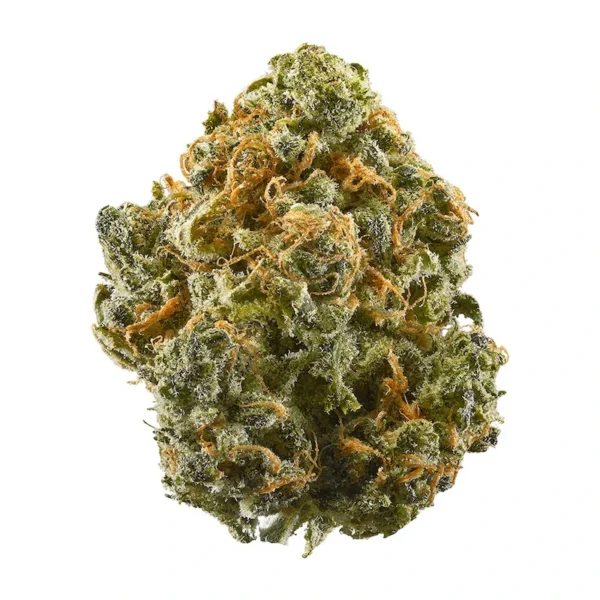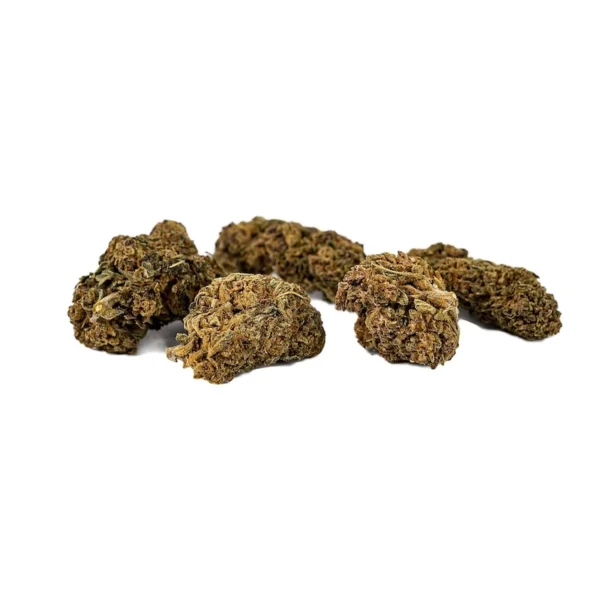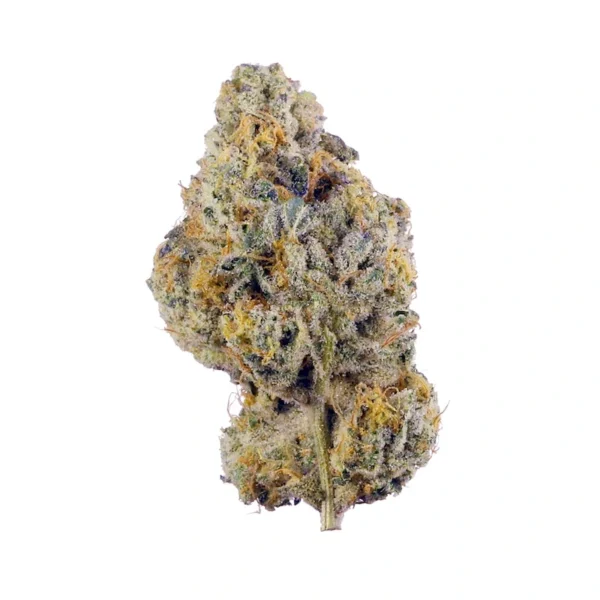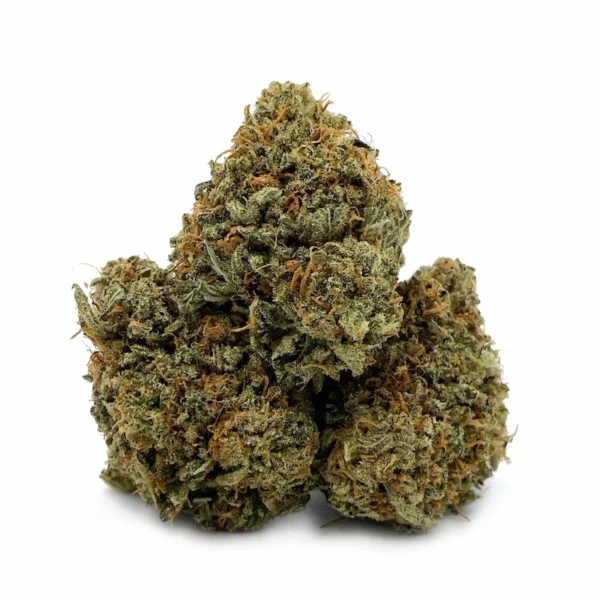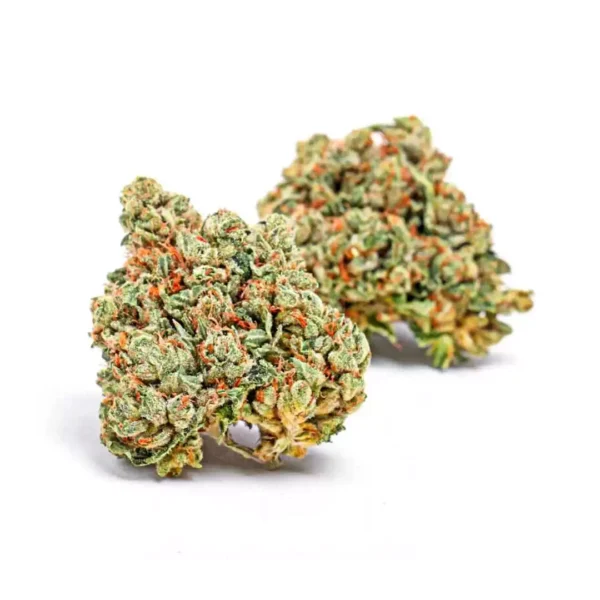What is Cannabis?
Cannabis, also known as marijuana, continues to gain attention as more places legalize its use. But what exactly is cannabis, and why does it matter so much?
The Cannabis Plant and Its Compounds
The plant produces a sticky resin packed with chemicals called cannabinoids. This plant contains over 100 different cannabinoids, each interacting with the body in its own way. The two most well-known cannabinoids are THC and CBD. THC creates the “high” effect by interacting with the brain, while CBD does not intoxicate but offers therapeutic benefits. It helps with pain relief, reduces anxiety, and improves sleep.
Scientists are studying lesser-known cannabinoids like CBN and CBG. These compounds may offer additional health benefits. As cannabis becomes more accepted, research is uncovering new ways these chemicals affect our bodies and minds.
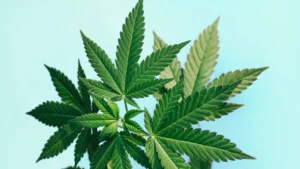
What is Cannabis?
Uses of Cannabis
People have used cannabis for centuries, both medicinally and recreationally. Today, people consume it in various forms, including smoking, vaping, edibles, oils, and tinctures. Doctors recommend cannabis to treat conditions like chronic pain, inflammation, epilepsy, anxiety, and PTSD. Cancer patients also use it to reduce nausea and stimulate appetite during chemotherapy.
CBD has become a popular alternative to traditional medicine. It offers natural relief for arthritis, migraines, and even some neurological disorders like epilepsy. Its anti-inflammatory effects make it a top choice for those avoiding THC’s high.
Recreational users often seek cannabis for relaxation or creativity. Many say it enhances their mood, increases focus, or alters their sense of time, making it enjoyable for both socializing and personal experiences.
Effects and Considerations
This plant can offer many benefits, but users must understand its effects. THC activates the brain’s reward system, releasing dopamine and creating euphoria. It can also cause short-term memory loss or anxiety, especially at high doses. Prolonged use might lead to dependency, though the addiction risk remains lower than alcohol or opioids.
CBD, on the other hand, typically has fewer side effects. It’s well-tolerated and appeals to people who want benefits without the “high.” However, users should always consult a healthcare provider to find the right dosage, especially for medical use.
As research grows, cannabis shows promise beyond recreational use. Its potential in treating pain, mental health, and other conditions makes it an important player in medicine and wellness.

